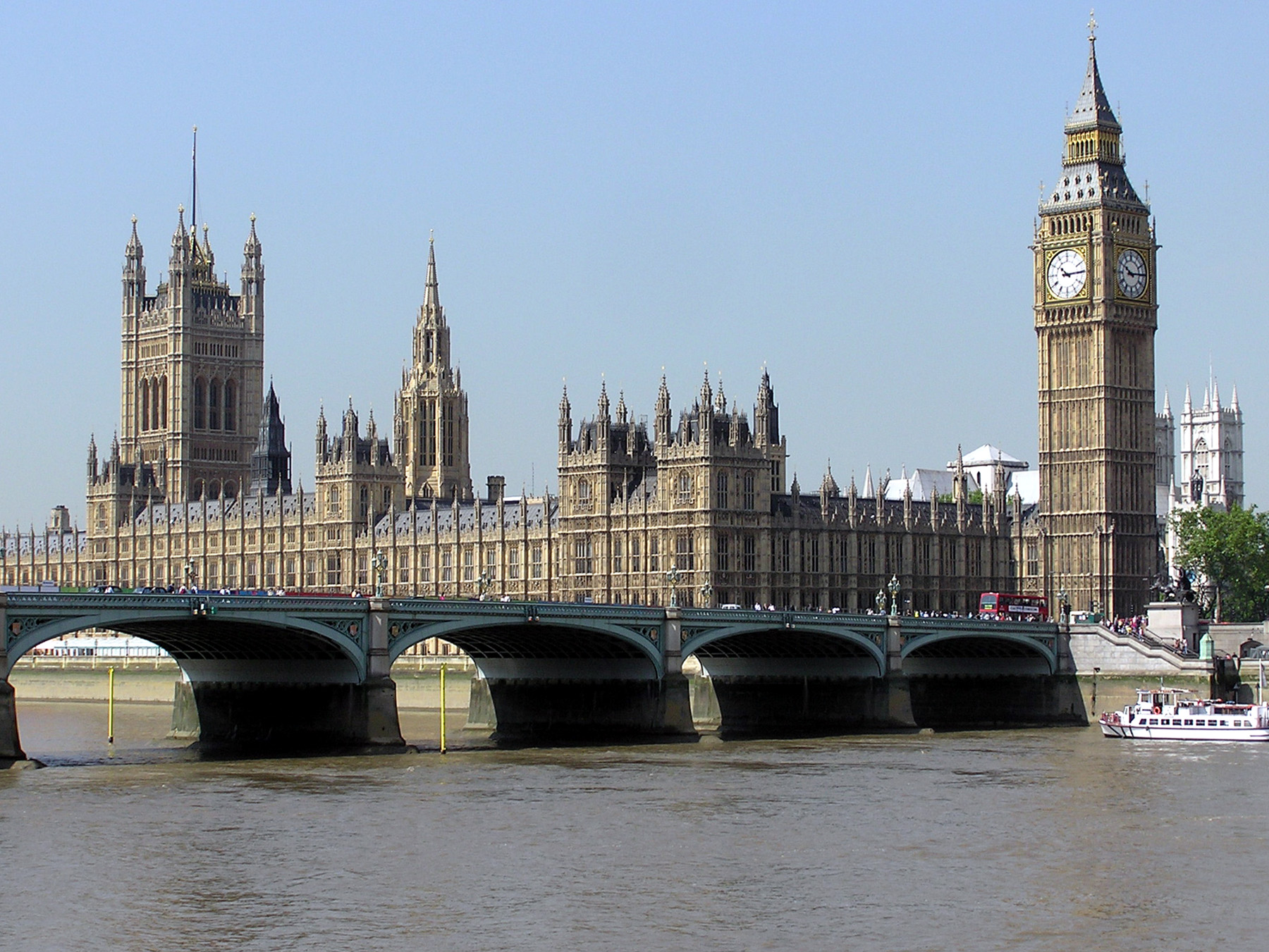Parliament must vote on Brexit, court rules

Members of Parliament must be allowed to vote on whether the UK can start the process of leaving the EU, the High Court has ruled.
This means the government cannot trigger the Article 50 process to begin Brexit negotiations with the European Union without the permission of Parliament.
The ruling is the first major setback for the government and pro-Brexit campaigners, but commentators still think it most likely that the UK will leave the EU.
Prime Minister Theresa May had argued that the referendum and existing ministerial powers meant that MPs do not need to vote, but the legal basis of this has now been successfully challenged.
The ruling by the Lord Chief Justice hinged on whether the government had the power under the ‘Crown's prerogative’ to trigger Article 50 for the UK to withdraw from the EU on its own.
He ruled that it did not, and called the case "a pure question of law". He added: "The court is not concerned with and does not express any view about the merits of leaving the European Union: that is a political issue."
The legal challenge was brought by an individual, fund manager Gina Miller. Speaking outside the court she said: "The result today is about all of us. It's not about me or my team. It's about our United Kingdom and all our futures."
The government has already announced that it will contest the ruling at the Supreme Court, the highest court in the land, with a further hearing expected next month.
A government spokesman told the BBC: "The country voted to leave the European Union in a referendum approved by Act of Parliament. And the government is determined to respect the result of the referendum. We will appeal this judgement."
UKIP leader Nigel Farage said he feared a "betrayal" of the 51.9% of voters who backed leaving the EU in June's referendum.
He added: "I now fear that every attempt will be made to block or delay the triggering of Article 50. If this is so, they have no idea of the level of public anger they will provoke."
If the court's decision is not overturned, there could be many months of parliamentary debate and scrutiny before any vote.
The prime minister had said she would activate Article 50 by the end of March 2017, but this process could now be delayed or even derailed.
The other 27 EU member states have insisted that negotiations about the UK’s exit cannot begin until Article 50 has been invoked.
Labour leader Jeremy Corbyn said it welcomed the decision, while at the same time saying Labour respected the referendum outcome. “There must be transparency and accountability to parliament on the terms of Brexit," he said.
Liberal Democrat leader Tim Farron, a pro-EU party said: "Ultimately, the British people voted for a departure but not for a destination, which is why what really matters is allowing them to vote again on the final deal, giving them the chance to say no to an irresponsible hard Brexit that risks our economy and our jobs."
Nevertheless, political commentators believe most MPs would ultimately vote to trigger the Brexit process, as the referendum produced a clear, if slender, majority in favour of leaving the EU.
Meanwhile the markets have reacted, with the pound rallying strongly against other currencies, suggesting that investors believe that possibility of Brexit not happening would be good for the UK economy.
For business sectors such as the pharma and biotech sectors in the UK, a parliamentary vote could allow for more formal debate and consultation about what form Brexit should take.
Pharma and biotech leaders will meet ministers on 23 November as part of the life sciences steering group brought together to manage the Brexit process. The group is co-chaired by GSK’s chief executive Sir Andrew Witty and AstraZeneca’s CEO Pascal Soriot.










